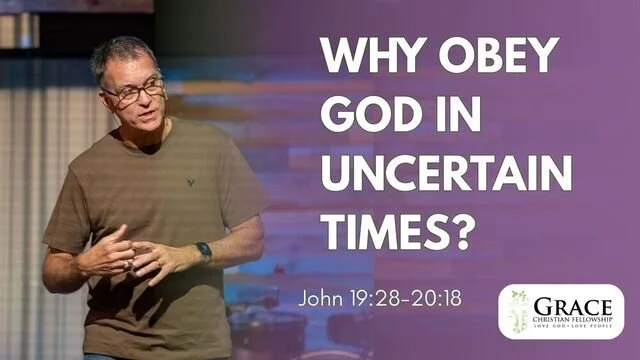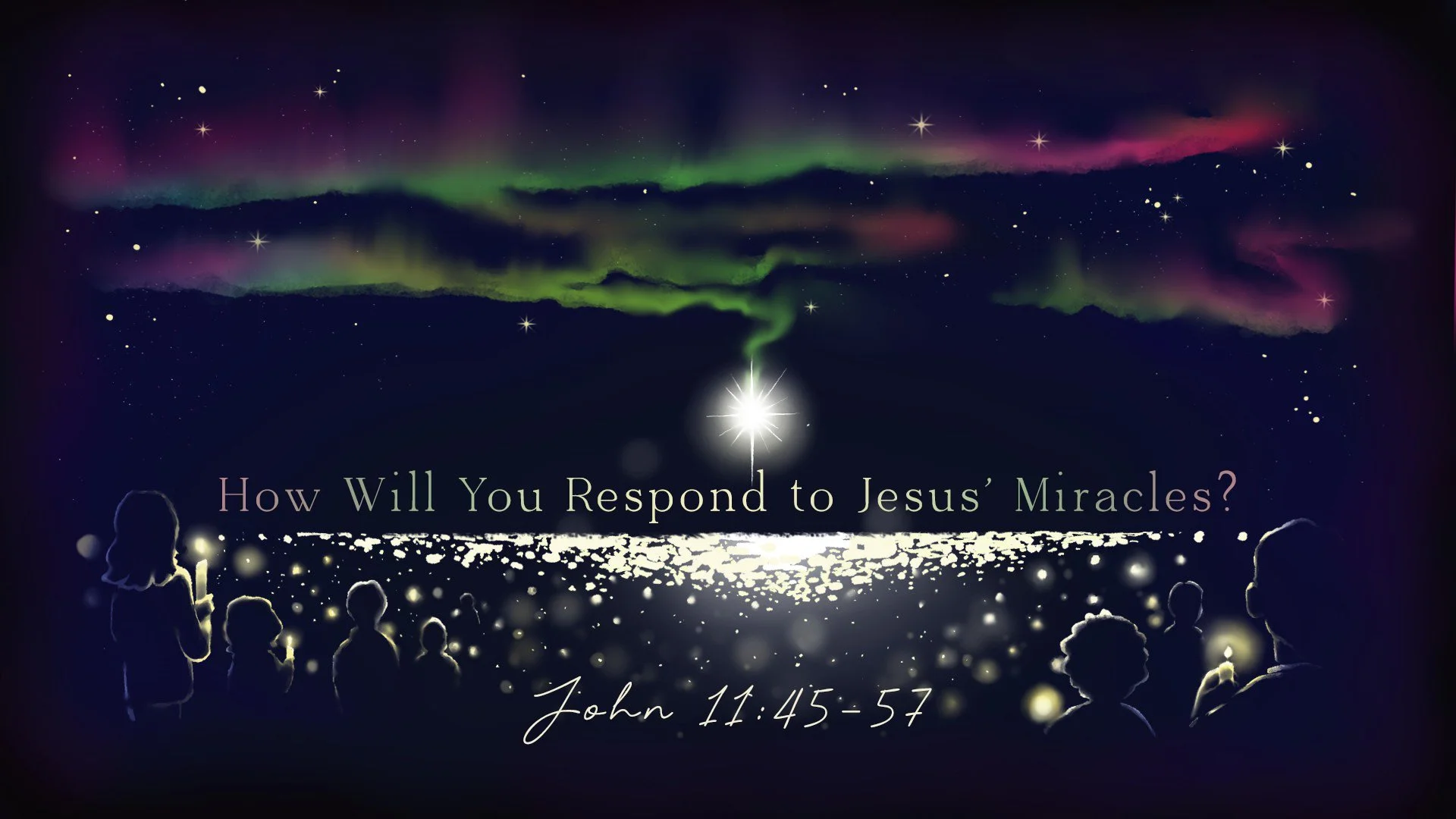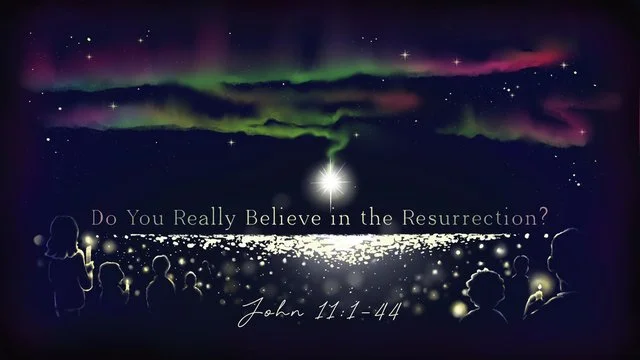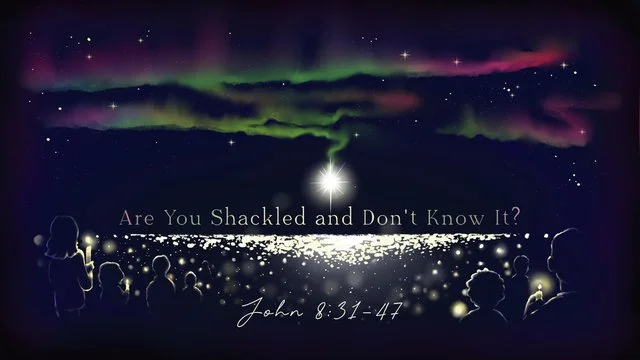Series: Signs & Glory
Title: Why Obey God in Uncertain Times?
Scripture: 📖 John 19:28-42
Preacher: Darien Roger Gabriel
Bottom Line: Obedience doesn't depend on knowing the future. Obedience depends on knowing the One who knows the future.
INTRODUCTION
CONTEXT
📖 SERMON OUTLINE
CONCLUSION
NOTES
QUESTIONS TO CONSIDER
DISCUSSION QUESTIONS
🎥 YOUTUBE DESCRIPTION
MAIN REFERENCES USED
Opening prayer: Lord God, help us grow to be and do like Jesus, while abiding in him and leading others to do the same.
INTRODUCTION
A graduated from college with a civil engineering degree in December of 1987. I began working with a civil engineering consulting firm (KHA) and immediately realized I was on an All-Star team--but I was only a bench warmer in ability.
I graduated with a BS in civil engineering with a C average--the players on this team, in this company, were A students with masters degrees in civil engineering or business.
I struggled for the first 3 to 4 years. Many times I would go home to Anita and say I don't know that I can hack this or if this is what I really wanna do. I was always wrestling with the temptation of "the grass is greener over there" syndrome so each time I would say, "Well I guess I'll give it another year" and I would.
Around year four several good things-positive things-happened to me. First, I passed the PE exam.
Second I was transferred interoffice to work for a friend of mine who was a great mentor to me. I began to thrive under his leadership.
The third thing, I was asked to help pursue a project in the Tampa area of Florida and we won the project. As a result of winning the project, I got my first project to lead. Long story short things were coming together finally.
Ironically, about that time, I got a nudge to reconsider my career choice. But this time it was when things were going good. In response to a companywide memo sent to every employee in the company from the new president of the company, we were each asked to answer the question, "What do we have a burning desire to do or what is my passion." Assuming he wanted a company man answer I gave him one. But God used that memo to provoke me to answer that question more honestly.
That day I went home and said to Anita that I don't think I'm supposed to do this long-term. It was the first time I was saying that when things were going well. It was also the first time she said, "OK I'm ready."
The rest is history. We worked a one year plan and 13 months later we were at seminary beginning my schooling for a new career in full-time ministry.
The reason I share that story with you is because I got to a place--a fork in the road, if you will,--where I had to make a decision to obey, trust and follow...or not.
You see, I believe God was calling me into the full-time ministry at that point. I had a choice, obey and change careers and walk away from all the schooling and experience (and money)I had in any civil engineering. Or disobey. I didn't know the future. I didn't know how it was gonna play out. There were lots of questions and fears and doubts. But I didn't base my obedience based on what I knew about what. I did or didn't know about the future. I based my obedience on the One I know, knows the future, because I trust Him.
This is the point I want to make today. This is what the sermon is all about. We're going see two men who didn't know the future either but chose to trust and obey anyway. Joseph of Arimathea and Nicodemus both were secret Christians who came out of the dark into the light in the wake of the cross of Christ. When they had the most to lose, they stood willfully in the light and revealed themselves as followers of Jesus. They stand as great examples of those who will obey God, even though we don't know the future or even if it seems risky.
CONTEXT
It's the day Christ dies on the cross. We pick it up with Jesus dying and then being buried. It's a dark time in the history of the world.
SERMON OUTLINE
I. "It is finished" 19:28-30
Here we see Jesus say it's finished. Not just he's dead but it's completed. The debt of sin has been paid in full. It's what we want to see stamped on our mortgage paperwork so we never have to make another house payment again.
So what?
God keeps his word down to the littlest details. Fulfilled prophecy shows up again right here. "I am thirsty." (Ps 69:21)
The work is finished.
Sin is paid for
Judgment satisfied
Scripture fulfilled
Redemption complete
Christianity isn't about what must be done for God. It's about what has already been done by Christ for us.
II. More scripture fulfilled 19:31-37
"Not one of his bones will be broken" cf. Exodus 12:46 which says that the Passover lamb must not have any broken bones. Jesus is the lamb that the Passover lambs were pointing to.
"They will look upon the one they have pierced." Zechariah 12:10 mentions this.
So what?
God is in control even in the smallest details even when it seems like he isn't
Jesus is the true Passover lamb
Salvation is finished--but our response is still required
you can trust God when things look out of control
III. Secret disciples from dark to light 19:38-42
Both have a lot to lose coming into the light
They will likely lose their position in the Sanhedrin. Therefore they will lose financially, religiously, and socially.
They will could lose their lives being that they follow someone crucified for sedition and blasphemy going against Rome and the Jewish leadership respectively
Did they know the future? No. Even if they knew and believed that Jesus would be resurrected, they didn't know how that would impact them even in general terms, though it likely wouldn't go well.
So what?
They stepped out obediently by faith despite not knowing the future except that doing so would be extremely risky. This is what God calls us to do each day.
INVITATION
What about you?
Peter puts it all in perspective in his first sermon:
““Therefore let all Israel be assured of this: God has made this Jesus, whom you crucified, both Lord and Messiah.” When the people heard this, they were cut to the heart and said to Peter and the other apostles, “Brothers, what shall we do?” Peter replied, “Repent and be baptized, every one of you, in the name of Jesus Christ for the forgiveness of your sins. And you will receive the gift of the Holy Spirit. The promise is for you and your children and for all who are far off—for all whom the Lord our God will call.”” Acts 2:36-39 NIV
How do we respond? Answer 2 questions:
Take out a card or piece of paper right now. Write down the answer to these questions:
What is God saying to me right now?
What am I going to do about it? Write this down on a sheet of paper.
What I hear you saying, Lord, is ___________________.
[my name] is going to believe/do __________________________________________________ as a result.
Finally, share this with your Home or Mission group this week when you gather as a testimony about what God is doing in your life. You don’t have to get too specific to give him praise.
Lord's Supper, 1 Cor 11:23-26 is good passage.
Also, say something like, "Christ has died, Christ is risen, Christ will come again." (past, present, and future)
Pray
NOTES
The 4 G's
God is great. Therefore, we don't have to be in control, for God is able.
God is gracious. Therefore, we don't have to prove ourselves to other people, for God loves us just as we are.
God is good. Therefore, we don't have to find satisfaction anywhere else. For God is more than enough for me.
QUESTIONS TO CONSIDER
What do I want them to know?
Why do I want them to know it?
What do I want them to do?
Why do I want them to do it?
How do they do this?
DISCUSSION QUESTIONS
Discovery Bible Study process: https://www.dbsguide.org/
Read the passage together.
Retell the story in your own words.
Discovery the story
What does this story tell me about God?
What does this story tell me about people?
If this is really true, what should I do?
What is God saying to you right now? (Write this down)
What are you going to do about it? (Write this down)
Who am I going to tell about this?
Find our sermons, podcasts, discussion questions and notes at https://www.gracetoday.net/podcast
Alternate Discussion Questions (by Jeff Vanderstelt): Based on this passage:
Who is God?
What has he done/is he doing/is he going to do?
Who am I? (In light of 1 & 2)
What do I do? (In light of who I am)
How do I do it?
Final Questions (Write this down)
What is God saying to you right now?
What are you going to do about it?
MAIN REFERENCES USED
“John,” by R. Kent Hughes, Preaching the Word Commentary, Edited by Kent Hughes
Exalting Jesus in John, by Matt Carter & Josh Wredberg
The Gospels & Epistles of John, FF Bruce
John, RC Sproul
John, Köstenberger
The Gospel According to John, DA Carson
Let's Study John, Mark Johnston
The Light Has Come, Leslie Newbigin (TLHC)
The Visual Word, Patrick Schreiner (TVW)
“Look at the Book” by John Piper (LATB)
“The Bible Knowledge Commentary” by Walvoord, Zuck (BKC)
“The Bible Exposition Commentary” by Warren Wiersbe (BEC)
Thru The Bible with J. Vernon McGee (TTB)
Outline Bible, D Willmington (OB)
NIV Study Bible (NIVSB) https://www.biblica.com/resources/scholar-notes/niv-study-bible/
Chronological Life Application Study Bible (NLT)
ESV Study Bible (ESVSB) https://www.esv.org
The Bible Project https://bibleproject.com
Nicky Gumbel bible reading plan app or via YouVersion
Read More




















